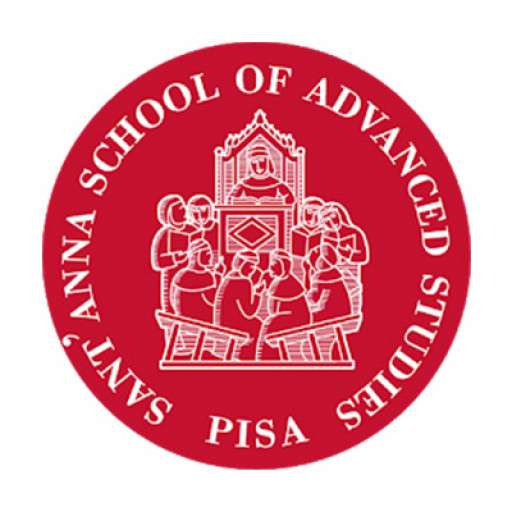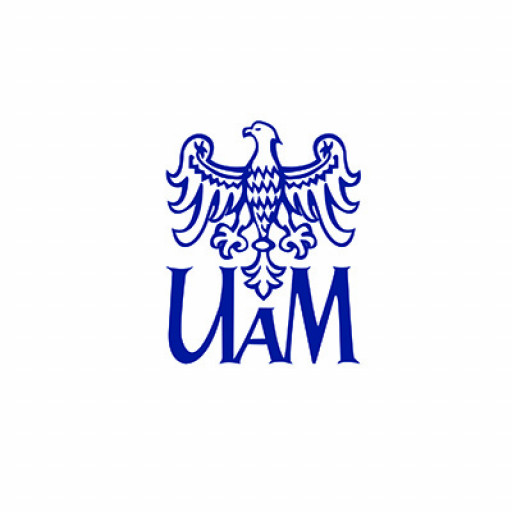Photos of university / #imperialcollege
The MSc in Human Molecular Genetics at Imperial College London is a comprehensive and ambitious programme designed to equip students with in-depth knowledge of the molecular mechanisms underlying human genetic diseases and the latest techniques used in genetic research and diagnostics. This programme combines rigorous theoretical coursework with practical laboratory training, offering students a unique opportunity to develop advanced skills in genetic analysis, gene editing, bioinformatics, and molecular biology. Throughout the course, students will explore a wide range of topics, including genomics, epigenetics, genetic disorders, personalized medicine, and emerging technologies such as CRISPR-Cas9. The curriculum is carefully structured to promote critical thinking, experimental design, and data interpretation, preparing graduates for careers in research, healthcare, biotechnology, or further academic study.
Students will benefit from the university’s strong links to industry and research institutions, gaining exposure to cutting-edge developments and real-world applications in human genetics. The programme also emphasizes the importance of ethical considerations and regulatory frameworks relating to genetic research and therapies, ensuring that graduates are well-versed in both scientific and societal implications. With access to state-of-the-art laboratories and experienced faculty members, students will have ample opportunities to undertake original research projects, contributing to advancements in understanding human genetic diseases.
Imperial College London’s Human Molecular Genetics MSc is ideal for students with a background in biological sciences who aspire to become experts in the rapidly evolving field of genetics. Graduates from this programme will be well-prepared for careers in academia, clinical genetics, genetic counselling, pharmaceutical development, and biotech industries. By combining theoretical knowledge, practical skills, and contemporary research insights, the programme aims to nurture the next generation of leaders in human molecular genetics, fostering innovation and excellence in this vital scientific domain.
The MSc Human Molecular Genetics programme at Imperial College London offers an in-depth exploration of the fundamental principles and cutting-edge advances in the field of human genetics and genomics. Designed for students with a background in biological sciences, medicine, or related disciplines, this programme aims to develop expert knowledge and practical skills required to understand the genetic basis of human diseases and the molecular mechanisms underlying gene function. Throughout the course, students will engage with a multidisciplinary curriculum that integrates molecular biology, genetics, bioinformatics, and laboratory techniques, preparing them for careers in research, healthcare, diagnostics, and biotechnology industries. The programme emphasizes both theoretical understanding and hands-on experience, featuring advanced laboratory modules that cover DNA sequencing, gene editing technologies such as CRISPR/Cas9, and the use of bioinformatics tools for genetic data analysis. Students will also benefit from lectures and seminars led by leading experts in human genetics, enabling them to stay abreast of the latest developments in personalized medicine, complex disease genetics, and emerging genomic technologies. The course includes a substantial research project, allowing students to apply their knowledge to real-world problems, often in collaboration with research institutions or industry partners. The MSc Human Molecular Genetics programme at Imperial College London is designed to equip graduates with the analytical, technical, and scientific skills necessary to contribute to innovative research and applied projects in human genetics. Graduates may pursue careers in academic research, clinical genetics, genetic counselling, pharmaceutical development, or continue their studies at the doctoral level. With access to state-of-the-art facilities and a vibrant academic community, students will be well-positioned to make meaningful contributions to the understanding and application of human molecular genetics in medicine and biology.
A minimum of a 2.1 Honours Bachelor's degree or equivalent in a relevant subject such as Biomedical Sciences, Genetics, Molecular Biology, or related disciplines. Applicants are expected to demonstrate a strong academic background in molecular genetics, biochemistry, cell biology, and related fields, with relevant laboratory or research experience highly advantageous. Prior knowledge of genetics techniques, bioinformatics, and data analysis is desirable. Applicants must provide official academic transcripts, a personal statement outlining their motivation and interests in Human Molecular Genetics, and references from academic or professional sources familiar with their work. English language proficiency is required if English is not the applicant's first language, typically demonstrated through IELTS, TOEFL, or equivalent assessments meeting the college's minimum score requirements. Work experience in genetics, molecular biology, or related research is considered beneficial but not mandatory. International students must ensure their qualifications meet the college's recognition standards and submit certified translations if applicable. The selection process also considers the applicant's potential for research and their ability to contribute to the academic community at Imperial College London. Additional criteria include previous research publications or presentations, relevant internships, and evidence of analytical skills. Candidates are expected to be proficient with laboratory work, data interpretation, and communicate scientific concepts effectively. The programme aims to admit students with a strong foundation in the biological sciences, a keen interest in genetics research, and a commitment to advancing knowledge in human molecular genetics. The course curriculum is designed to develop expertise in cutting-edge genetic technologies, disease mechanisms, and data analysis methods, preparing students for careers in research, healthcare, or industry. Therefore, prospective students should present a comprehensive application demonstrating their academic achievements, research potential, and career aspirations aligned with the objectives of the programme.
Want to improve your English level for admission?
Prepare for the program requirements with English Online by the British Council.
- ✔️ Flexible study schedule
- ✔️ Experienced teachers
- ✔️ Certificate upon completion
📘 Recommended for students with an IELTS level of 6.0 or below.
The MSc Human Molecular Genetics program at Imperial College London offers a range of financing options to support students throughout their studies. Funding opportunities include scholarships, grants, and bursaries, which are awarded based on merit and financial need. Imperial College London provides several scholarships specifically aimed at postgraduate students, including the Imperial College PhD Scholarship Scheme, Imperial College President's Undergraduate Scholarships, and various international scholarships that may also apply to master's students. In addition, students are encouraged to explore external sources of funding such as government-funded loans, charitable foundations, and industry-sponsored awards. The UK government offers postgraduate loan schemes which can cover part of the tuition fees for eligible students, providing an accessible way to finance their education. International students may also consider scholarships provided by their home governments or external organizations. Part-time work opportunities are available on campus and within the local area, allowing students to supplement their income while studying. Imperial College London also offers financial guidance and advice services to help students identify and apply for appropriate funding sources. It is recommended that prospective students review the specific eligibility criteria and application deadlines for each funding option well in advance of their intended enrollment date. Overall, the college is committed to making postgraduate education accessible and affordable, recognizing the importance of financial support in enabling talented students to pursue advanced studies in Human Molecular Genetics.
Human Molecular Genetics at Imperial College London offers a comprehensive MSc program designed to equip students with advanced knowledge and practical skills in the fields of genetics, molecular biology, and biotechnology. The program focuses on the genetic basis of human diseases, gene therapy, genomics, and personalized medicine, preparing graduates for careers in research, healthcare, and the biotech industry. Students will engage with cutting-edge technologies such as next-generation sequencing, CRISPR-Cas9 gene editing, and bioinformatics tools, gaining a deep understanding of how genetic information is stored, expressed, and manipulated. The coursework includes modules on molecular genetics, genome analysis, disease mechanisms, and ethical considerations surrounding genetic research. In addition to taught components, the program emphasizes research training, allowing students to undertake a substantial research project in a related area, often in collaboration with leading academic and industrial partners. The program benefits from Imperial College’s strong links to the healthcare sector and its world-renowned research centers. Graduates of the MSc in Human Molecular Genetics are well-positioned to pursue doctoral research or to enter roles in clinical genetics, biomedical research, or biotech industries. The program fosters a multidisciplinary approach, integrating biology, technology, and ethics to address complex challenges in human health and disease. With state-of-the-art laboratories and experienced faculty, students receive an exceptional education combined with opportunities for professional development, including seminars, workshops, and industry placements. Overall, the program aims to develop highly skilled scientists capable of making significant contributions to the understanding and treatment of genetic diseases and advancing personalized medicine.











